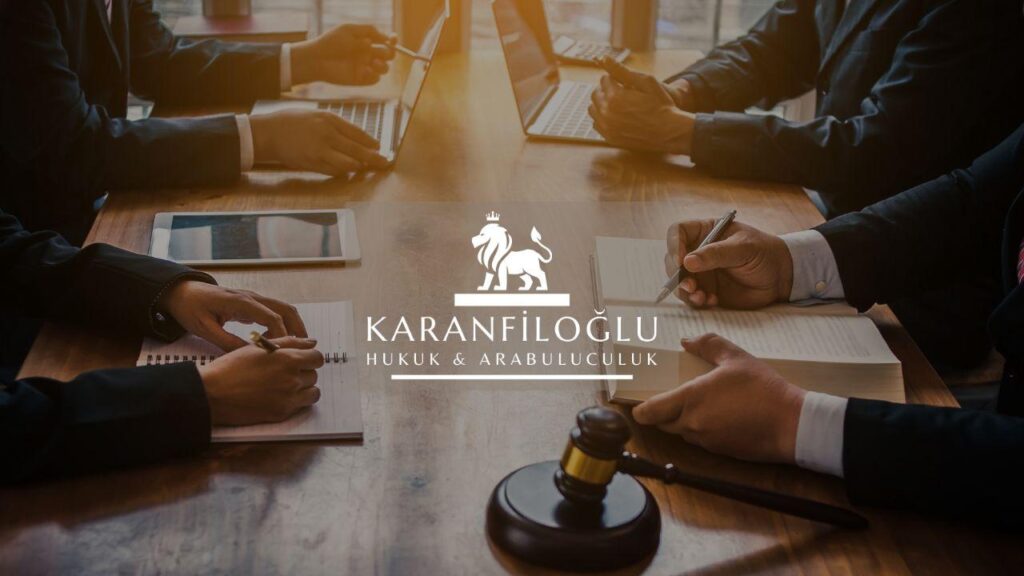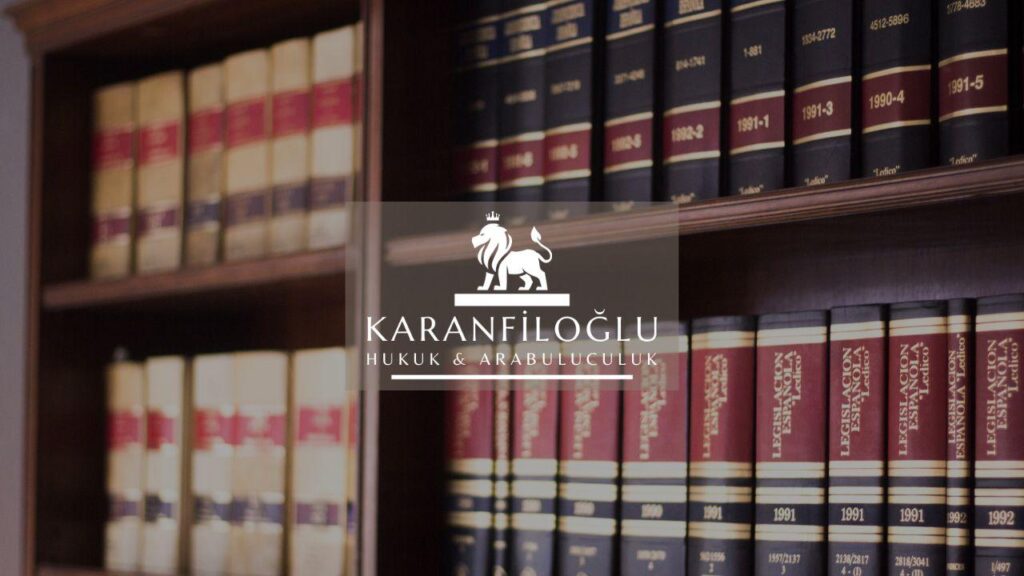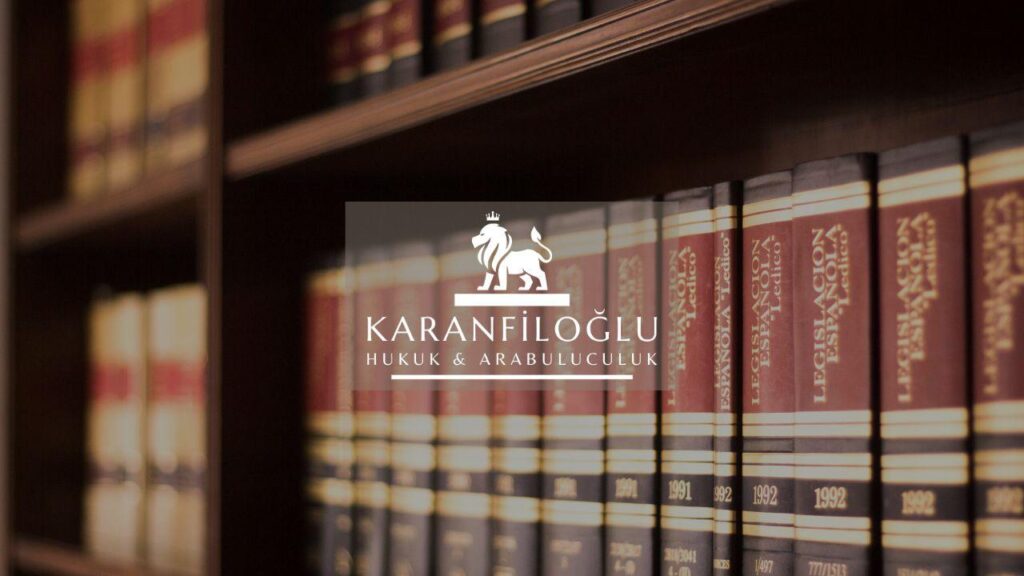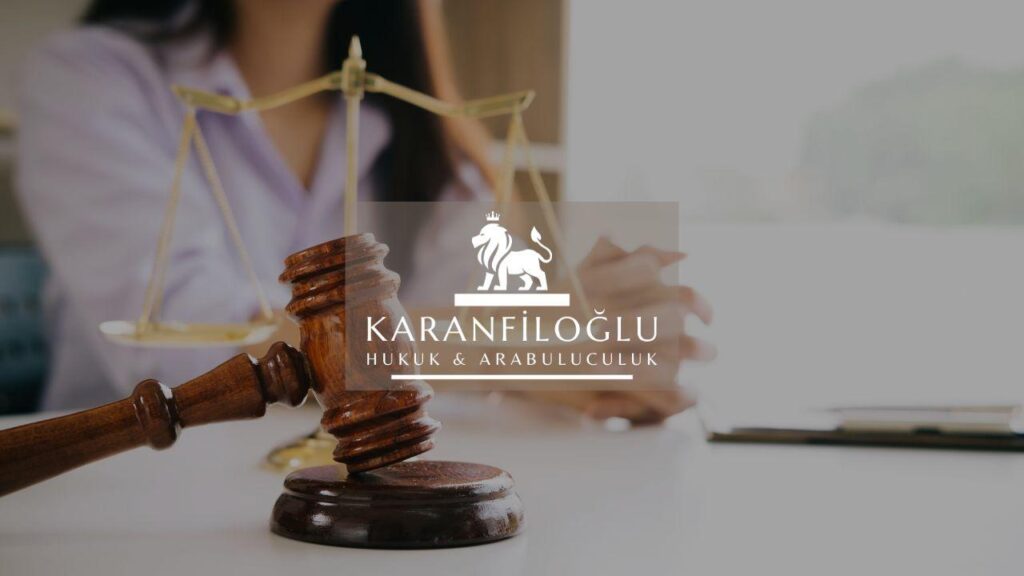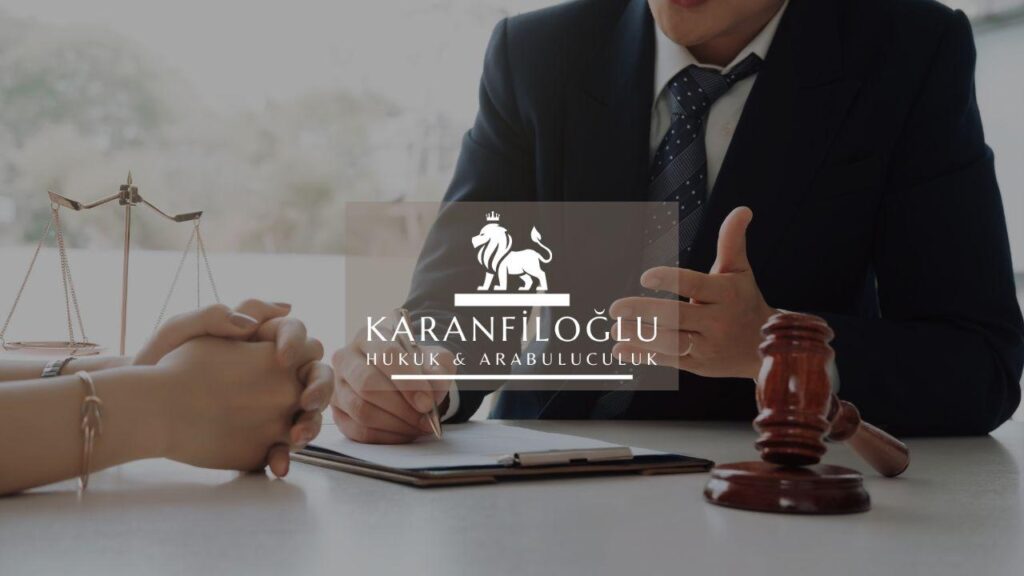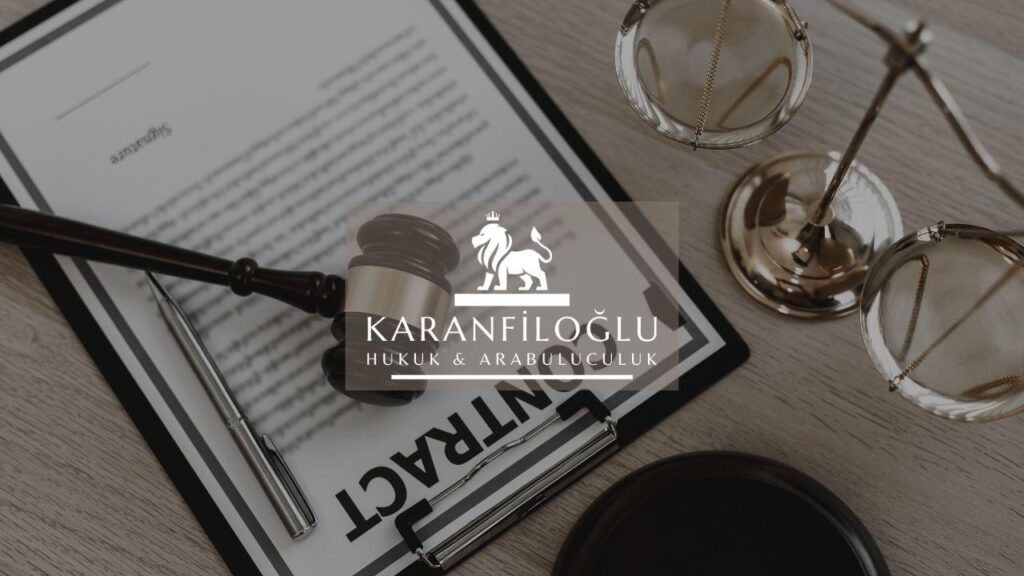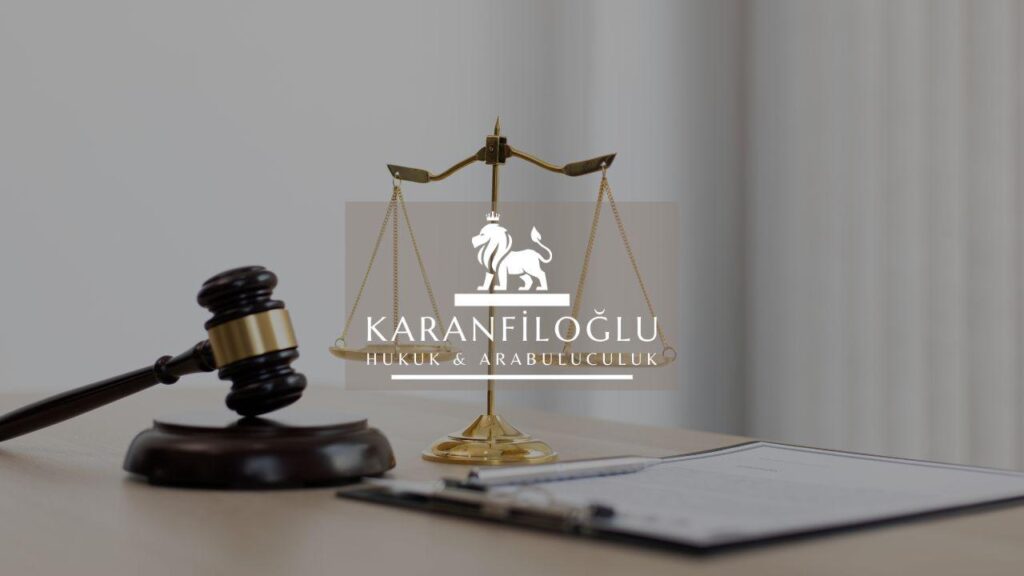Copyright registration in Turkey is a vital step in securing and protecting the rights of creators over their original works. Governed by the Law on Intellectual and Artistic Works No. 5846, along with relevant regulations, the process ensures that authors, performers, and producers can safeguard their literary, artistic, scientific, or musical creations. At Karanfiloglu Law Office, we provide comprehensive legal assistance to navigate the intricacies of registration, from the initial application at the Directorate General of Copyright to addressing potential disputes and enforcements. Understanding Articles 13 to 24, which deal with registration essentials, and Article 47, concerning the legal presumption of ownership, is key to a successful registration process. With our extensive experience and expertise, Karanfiloglu Law Office stands ready to guide clients through every step, ensuring that their intellectual property rights are firmly established and legally recognized in Turkey.
Understanding Eligibility and Criteria for Copyright Protection in Turkey
To qualify for copyright protection in Turkey, a work must be original and fall into one of the categories described under Articles 1 and 2 of Law No. 5846. These categories include literary works, musical compositions, fine arts, film productions, and scientific presentations. The work must also be created by an identifiable author or authors, who can be either natural persons or legal entities. Moreover, it is essential for the work to be fixed in a tangible medium, whether it be written, recorded, or otherwise capable of being perceived. At Karanfiloglu Law Office, we emphasize the importance of ensuring that your creation meets these criteria to successfully navigate the registration process and secure your intellectual property rights.
It’s important to note that not all works qualify for copyright protection under Turkish law. According to Article 6 of Law No. 5846, certain items such as official texts of legislation, court decisions, and administrative regulations are excluded from copyright. Additionally, concepts, methods, systems, and mathematical principles are not protected unless they are expressed in a literary or artistic form. For instance, while a mathematical formula itself may not be subject to copyright, a textbook explaining that formula could be. This distinction underscores the importance of understanding the scope of protectable works. At Karanfiloglu Law Office, we assist clients in determining whether their creations meet the necessary criteria, ensuring their works are adequately protected under Turkish copyright law.
Besides meeting the eligibility criteria under Law No. 5846, the legal repercussions for copyright infringement must be understood to fully protect one’s rights. Unauthorized use of a copyrighted work can lead to severe legal consequences, including civil and criminal penalties as outlined in Articles 71 and 72 of the law. Civil remedies may include monetary compensation for damages, while criminal sanctions can range from fines to imprisonment. At Karanfiloglu Law Office, we prioritize educating our clients on the significance of copyright protection to prevent unauthorized exploitation of their works. By understanding the nuances of Turkish copyright law and leveraging our legal expertise, we ensure that our clients’ intellectual property rights are not only registered but also vigorously defended against infringement.
Application Process: Detailed Steps to Register Your Copyright
The application process for registering a copyright in Turkey begins with the preparation of the necessary documentation, which includes a detailed description of the work, proof of authorship, and the completed application form as stipulated under Articles 13 to 24 of the Law on Intellectual and Artistic Works No. 5846. These documents must be submitted to the Directorate General of Copyright, a branch of the Ministry of Culture and Tourism. Ensuring that your submission is thorough and complies with all statutory requirements is essential; any discrepancies can delay the registration process. At Karanfiloglu Law Office, we meticulously review each application to avoid such pitfalls, smoothing the path towards securing your intellectual property rights efficiently and effectively.
Once the application documents are prepared, the next step involves paying the requisite fees, as outlined in the Law on Fees No. 492. Subsequently, applicants must submit their documents along with the fee receipt to the Directorate General of Copyright. Upon submission, the application will be reviewed for compliance with legal criteria specified under Article 13 of Law No. 5846, which mandates originality and eligibility. It is important to properly categorize your work according to the type specified in the application form, as incorrect categorization can result in rejection or further delays. Karanfiloglu Law Office assists clients in accurately fulfilling these requirements, ensuring that each element of the application aligns with legal standards, thereby enhancing the probability of a successful registration.
After submission, the Directorate General of Copyright conducts a thorough examination of the application to verify compliance with the relevant legal stipulations and ensure that all documentation and fees are accurate and complete. If the application meets all necessary criteria, it will be accepted and the copyright will be registered, granting the author the protection provided under Turkish law. This process, according to Article 14 of Law No. 5846, typically includes verifying the originality of the work and ensuring there are no pre-existing claims. If any issues arise or if additional documentation is required, the applicant will be notified. Legal experts at Karanfiloglu Law Office are adept at addressing such notifications promptly, mitigating potential obstacles. Once the registration is finalized, the applicant receives a certificate of registration, officially documenting their ownership. This certificate is a crucial document, providing legal recognition and the ability to enforce rights against infringement, as reinforced by Article 47 of Law No. 5846.
Enforcement and Legal Recourse for Copyright Infringement in Turkey
Enforcement of copyright protection in Turkey is primarily governed by the Law on Intellectual and Artistic Works No. 5846, which outlines both civil and criminal remedies to address infringement. According to Articles 66 to 72, rights holders can file a lawsuit seeking cessation of the infringing acts, compensation for damages, and the seizure of infringing copies. Additionally, Article 71 empowers courts to impose criminal sanctions, including imprisonment and fines, on individuals found guilty of deliberate copyright violations. At Karanfiloglu Law Office, we assist clients in preparing robust legal strategies and represent them in all judicial proceedings to enforce their rights effectively. By leveraging the legal frameworks and provisions available, we ensure that our clients’ intellectual property is not only protected but also enforced against any unauthorized use or exploitation.
Apart from civil and criminal remedies, rights holders in Turkey can also leverage administrative measures for copyright enforcement. According to Article 81, the Ministry of Culture and Tourism has the authority to carry out inspections and impose administrative fines on entities involved in copyright infringement. This mechanism allows for quicker intervention and remediation against unauthorized use of copyrighted material. Furthermore, the Law on Intellectual and Artistic Works provides for interim measures under Article 81(A), granting courts the ability to issue temporary injunctions to prevent ongoing infringement while the case is being adjudicated. These interim measures are essential in minimizing the economic impact of infringement and preserving the status quo until a final decision is reached. At Karanfiloglu Law Office, we guide our clients through the process of seeking these administrative and interim measures, ensuring that their rights are protected swiftly and effectively.
At Karanfiloglu Law Office, we understand the complexities involved in enforcing copyright protections and pursuing legal recourse for infringement. Our team is proficient in handling both litigation and alternative dispute resolution methods, offering clients a full spectrum of options tailored to their specific situation. Arbitration and mediation, as addressed in Articles 74 and 75, provide efficient and cost-effective ways to resolve disputes without the need for prolonged court battles. We meticulously assess each case to determine the most appropriate course of action, whether it involves immediate court intervention or leveraging the expertise of mediators to reach a mutual agreement. With our comprehensive legal support, Karanfiloglu Law Office ensures that our clients navigate the enforcement landscape with confidence, safeguarding their intellectual property rights through every available legal avenue.
Disclaimer: This article is for general informational purposes only and you are strongly advised to consult a legal professional to evaluate your personal situation. No liability is accepted that may arise from the use of the information in this article.

